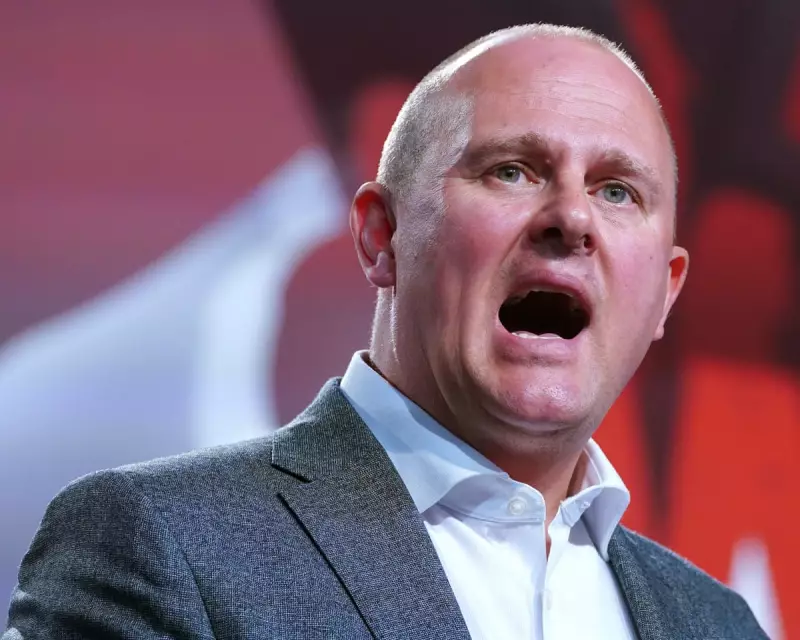
The head of the Trades Union Congress (TUC) has issued a stark warning that Britain's official budget watchdog is in danger of strangling economic growth and requires urgent modernisation to ditch its "hardwired" support for austerity economics.
With Chancellor Rachel Reeves' crucial autumn budget less than a fortnight away, the trade union body stated that the Office for Budget Responsibility (OBR) risks becoming a "straitjacket" on improvements to living standards for ordinary Britons.
A Baffling Timing and a Call for Review
Paul Nowak, the TUC's General Secretary, expressed his profound confusion and concern to the Guardian. "The timing on the OBR's productivity view was baffling," he stated, questioning why the revised forecast was not published at the end of the previous government or the outset of the new one to provide certainty.
Nowak argued that the fiscal watchdog is effectively hardwired to support a "slash and burn approach" to public services. The TUC is now calling for a post-budget review into the OBR's central role in the chancellor's budget-setting process, demanding to know why its previous forecasts have been so wide of the mark.
Treasury Fury and Tough Choices Loom
The situation has ignited thinly disguised anger within the Treasury. Chancellor Reeves is understood to be furious with the OBR over the timing of its revised productivity forecast.
This revision is expected to blast a £20 billion hole in the public finances, directly endangering the chancellor's own fiscal rules. Irked Labour figures have pointed out that if this forecast had been delivered earlier in 2023, the Conservatives' pre-election tax cuts might have been deemed unaffordable.
Faced with this OBR forecast, higher borrowing costs, and U-turns on welfare, the chancellor is now widely anticipated to resort to a combination of tax rises and spending cuts in her statement on 26 November to regain fiscal headroom.
A Legacy of Controversy and a Path Forward
Established in 2010 by the former Conservative chancellor George Osborne, the OBR has faced mounting criticism from across the political spectrum as the UK's economic and public finance position has steadily worsened.
The TUC alleges the watchdog has acted as a "cheerleader for austerity" since its inception, failing to adequately account for the long-term economic benefits of public investment. This is not the first time the OBR has been at the centre of a political storm; Liz Truss sidelined it from her 2022 mini-budget, a move that contributed to a bond market meltdown.
In a significant shift, the TUC has joined calls to streamline the OBR's process, advocating for a single annual forecast to replace the current twice-yearly cycle. This, they argue, would slow the "rollercoaster of speculation" and prevent patchwork solutions to forecast funding gaps.
The OBR has declined to comment on the matter. A Treasury spokesperson maintained, "We respect the OBR’s independence and won’t comment on speculation ahead of their forecast which will be published on 26 November."





